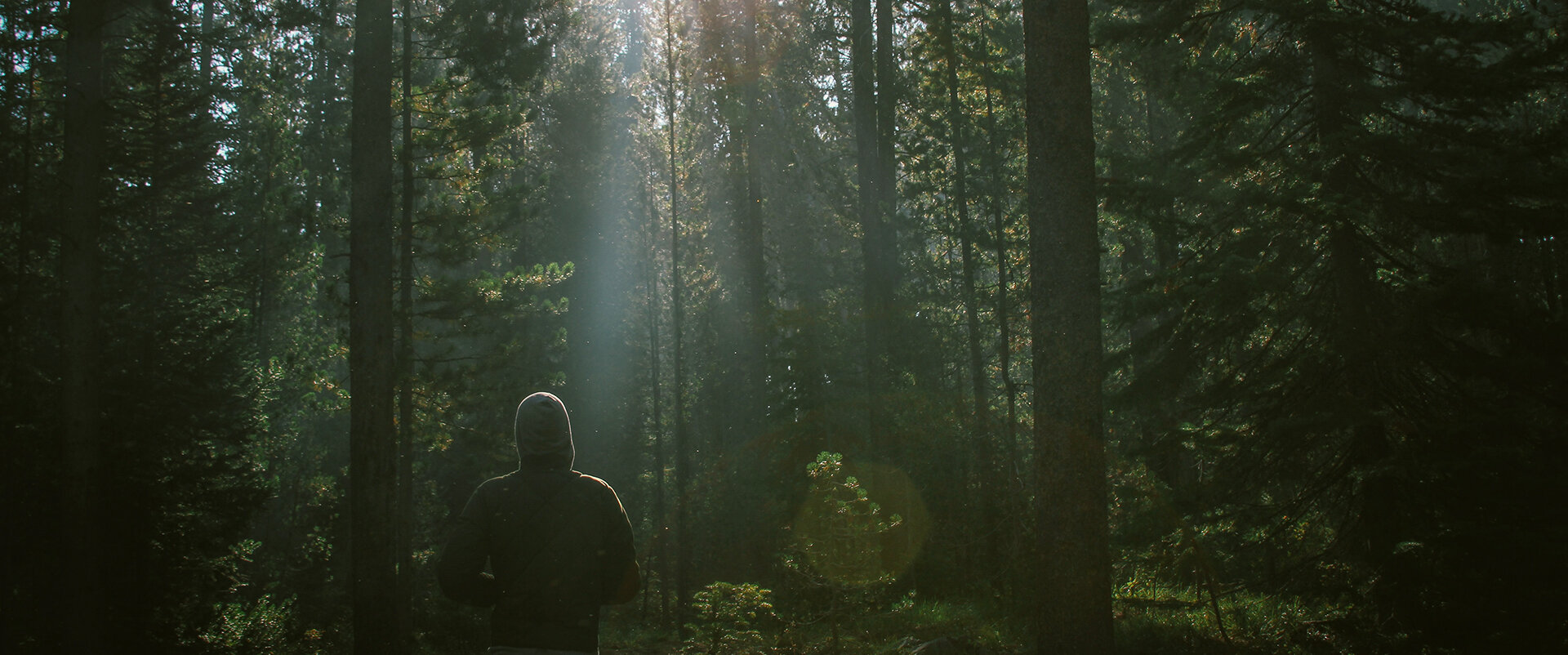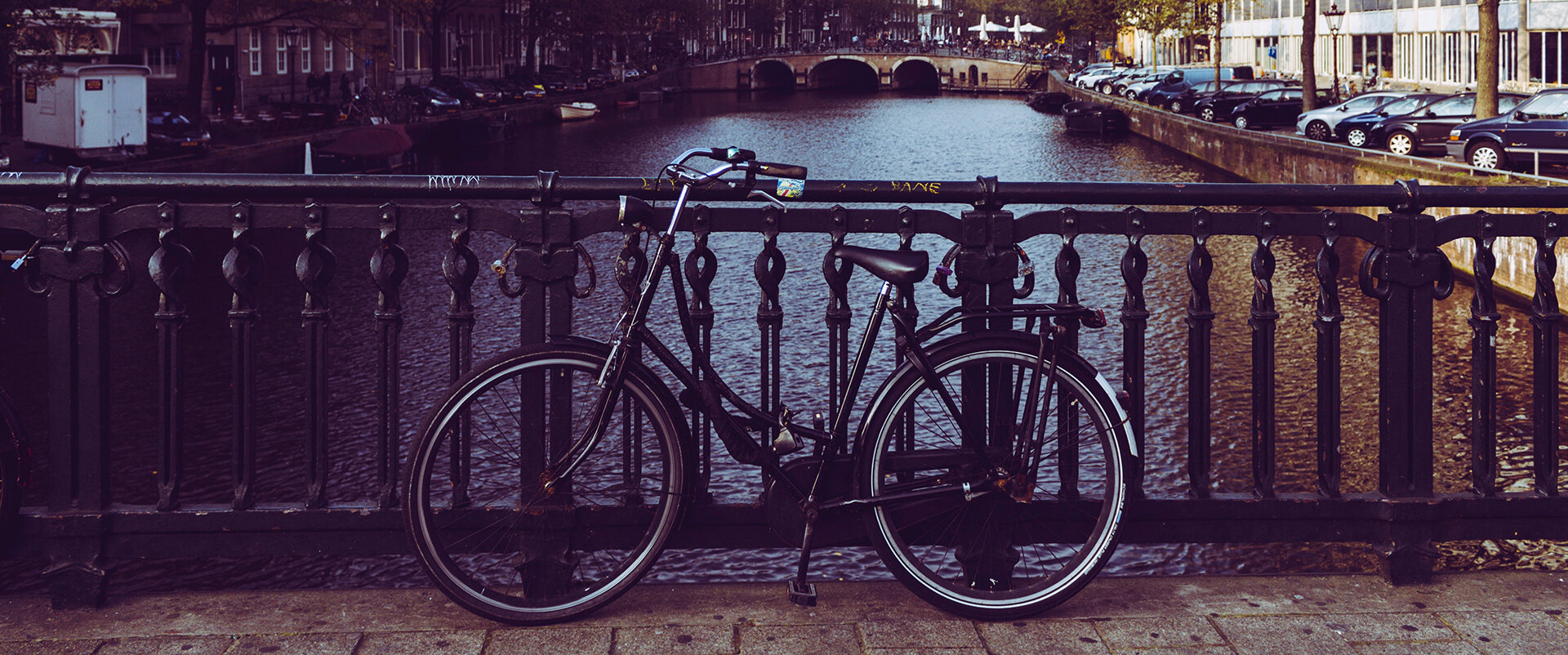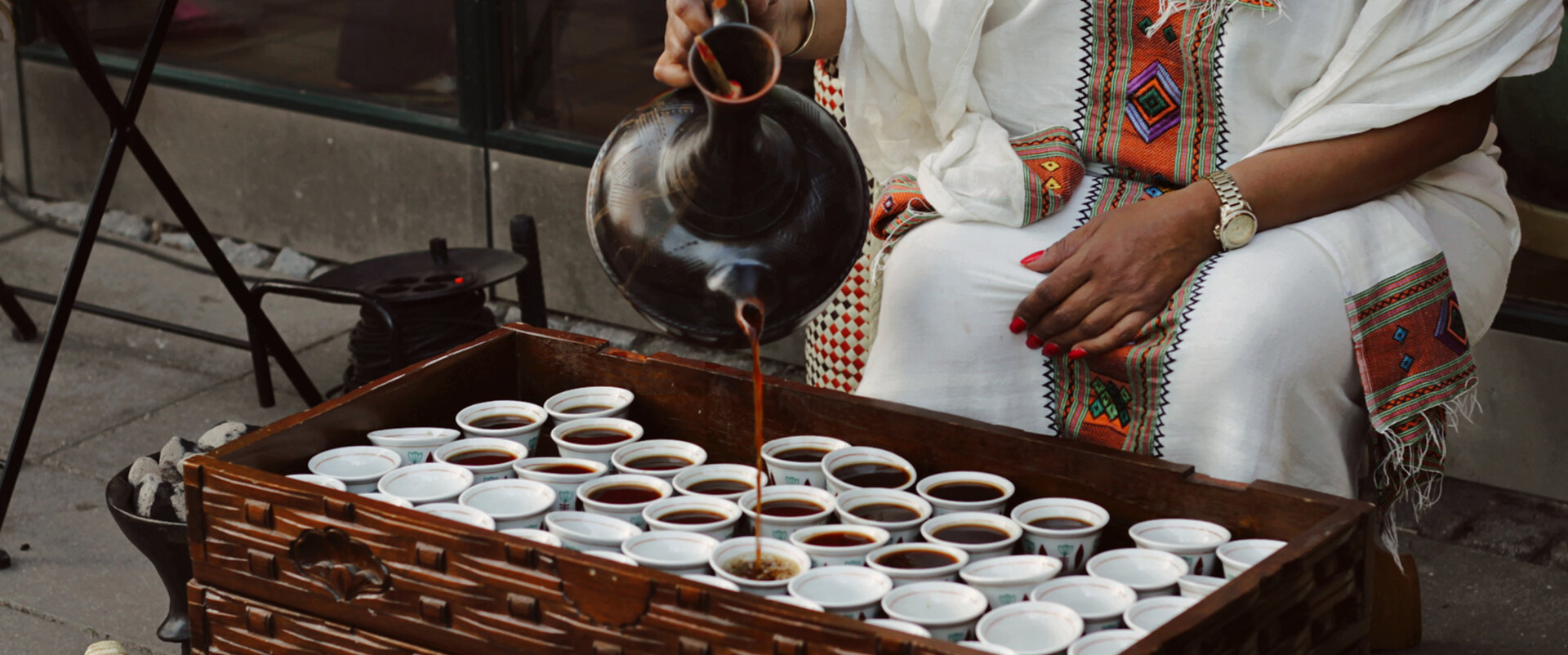The lessons we've learned from everyday practices around the world
To travel globally—if even for a few days—is to open up your world. Seeing different ways of doing things and experiencing entirely new day-to-day routines and rituals often sparks a redefining of personal interests or values. How often has a trip abroad triggered a sort of eureka moment for you personally? Maybe accidentally stumbling upon an hours-long backyard lunch shared between family members in a foreign country has you wondering why all of your Sundays haven’t been spent this way. Or, possibly, a total midday shut-down in what you would think would be a bustling downtown location somewhere in Europe has you wondering why you yourself don’t carve out time for relaxation each day.
This is one of the most valuable things about travel for many people. When you arrive in a place and culture that isn’t your norm, those around you challenge you. The daily routines you hadn’t even thought to question suddenly get a rethink. And hey, isn’t it great to have others show us alternative ways of living? With exploring comes many privileges but arguably one of the best ones is the opportunity to embrace the ways of others and allow them to help us shake things up a little! Here, a round-up of daily practices from around the world that can only enhance your days—whether travelling or just chilling at home!
The Swedish practice of Fika
The Swedish Fika tradition is an easy sell. This is a moment of slowing down and catching up with friends with coffee, pastries, and maybe a cinnamon roll or other tasty dessert. No, this doesn’t have to be anything extravagant. In fact, the simplicity ofin this little get-together is what makes it so special. And really, if you can’t spare a mere hour for a hot cup of coffee with a friend once in a while, doesn’t something have to give?
The mindful Japanese ways of shinrin-yoku
By now, the Japanese practice of forest bathing has caught on and become pretty popular worldwide—and rightly so. Known as shinrin-yoku, this is the ritual of being in the woods purely to revitalize the senses. For example, maybe you can smell the moss after a rainstorm, feel the tingle of a chilly coastal breeze on your skin, or give your eyes a break from steady streams of blue light and instead gaze at pink flowers and green leaves. Shinrin-yoku should be a pretty addition to the day, right?

The sacredness of Italian Sunday lunch
In North America, we make a big deal out of things like Thanksgiving, graduations, Mother’s Day and Father’s Day. The whole family gathers, cooks up a storm, celebrates with a toast and just generally… appreciates one another. In other parts of the world, that’s called Sunday. Sunday is family day in many parts of Europe and South America. Connecting over a meal and in kitchens is essential. Picture rolling up to an Italian grandmother’s home on a Sunday where there’s time and energy only for freshly baked bread, homemade olive oil, vine-fresh tomatoes and copious wine. Sound better than Costco runs and getting a head-start on the week?
The Spanish siesta
Most people know about the good old Spanish siesta. This is a part of the daily routine for many Spaniards and honestly, do we need to even do any convincing here? Even if you’re “not a good napper,” read a few pages of a book (or a travel feature story *cough, cough*) or just close your eyes and enjoy the sunshine. Enough said.
The Dutch method of cycling everywhere
The Dutch are such a great group of solid, no-fuss, active people. There’s a lot to learn from Dutch culture and cycling everywhere is one thing from their culture that you could borrow. You’re simplifying the commute, getting in more daily movement, slowing down enough to appreciate your surroundings, and doing a favour for the environment. Don’t forget the helmet and lights.
The French way of pausing work emails
Look, at HI Canada, we’re totally on board for switching on the out-of-office email response and we approve your request for time off! Cool? Now, when you get to wherever it is that you’re going, please be like the French and don’t even touch your emails or think about work. Maybe you remember the episode from Emily in Paris where Emily’s coworkers emphasize the no emails on holidays law? That’s actually true. In France, the boundary between work and life is a pretty clearly defined one. Employers have to allow employees the right to disconnect from work communications (i.e. on evenings, weekends, or holidays). This plus the French 35-hour work week is a step towards achieving work-life balance. Maybe we should take a page out of their book?
The Canadian style of kicking it outdoors
Let’s give our own country a little love here shall, we? Canadians are great at disconnecting and becoming one with nature. Being outdoors, active and near mother nature’s elements is a known way to reduce stress and anxiety. Canada offers one of the best landscapes in the world. Whether you’re visiting a wilderness location like Athabasca Falls, portaging on B.C. lakes, or taking a hike break during your working holiday in the mountains, Canada is the gift that keeps on giving for outdoorsy folks. Spending time outside during your travels is a daily ritual that’s sure to make your days brighter, better and stress-free.

Secran Solmaz
The Norwegian practice of hygge
Hygge—Norway’s coziest practice—became pretty well-known a few years back. This is all about self-care, recharging, and creating space to relax. Think candles, books, essential oils, soft-knitted attire, dim lights, and zero interruptions. When thinking of Hygge, you might think of cozy winter evenings, but this can just as easily be applied to summer nights at the cabin or a Saturday morning after a long day of travel.
The Latin American leisurely lunches
Latin American culture might be best known for its epic mountains, wild jungles, vibrant dance parties, and charming people… but many of these countries in the Americas know how to take relaxing to a whole other level. North American desk lunches will be unacceptably sad after visiting places like Brazil, Peru, Ecuador or Costa Rica. In these countries, expect a two-hour lunch break to allow for plenty of time both to visit family and take a little nap. It’s not uncommon to spot folks snoozing in a park or soaking up the sun’s rays near a river. Here, almuerzo (lunch), is time for socializing, resting, and definitely not working. And get this: there are entire restaurants devoted only to serving traditional noon-hour eats. That beats sad desk lunches, and greasy drive-through fast joints any day.
The English teatime pause
The English have perfected a good, nearly scalding cup of tea. In a country that’s often overcast, chilly and with rainy skies, folks are right to have coziness down to an art. This is a good daily ritual to weave into your own routine. Think a chunky knit sweater, English breakfast tea with a splash of milk, and maybe something freshly baked (scones anyone?) and suddenly even the gloomiest of skies become an opportunity for self-care.
The celebratory ways of Ethiopian coffee
Coffee ceremonies are pretty synonymous with Ethiopia. It’s pretty compelling how so many different cultures from all around the world make a point of getting together for the simple act of sharing a hot beverage. Sure, you’re most likely not attending a whole ceremony, but knowing how culturally important this is in far-flung places only makes a stronger case for mid-morning coffee with a colleague or an early evening latte with your sister.

Zeynep Sumer
The Colombian-style personable greetings
In Colombia (and neighbouring places) you wouldn’t dare show up at a dinner, a party, or other social gathering without saying hello to each guest. That might look like going around a dinner table and greeting each person with a hug and a kiss on the cheek. (Even those who you don’t know.) There’s something special about slowing down to acknowledge each person in a social setting. Plus, personable greetings just make everyone feel more welcome and relaxed!
The Finnish mentality of gratitude
Finland has been ranked as the happiest nation in the world by the UN for six years in a row now. Whatever it is that makes this Nordic nation so fulfilled, it seems to be working. Part of this could be the decision to be content and defining that as “happy.” While the Finns didn’t invent gratitude practices, they certainly have a positive outlook. A daily practice like gratitude journaling could be one way to borrow from their culture and lead a more positive life.



